Anthony Albanese agrees $1bn defence deal with Germany
Anthony Albanese has announced an export deal with Germany for more than 100 Boxer heavy weapon carriers, worth more than $1bn.
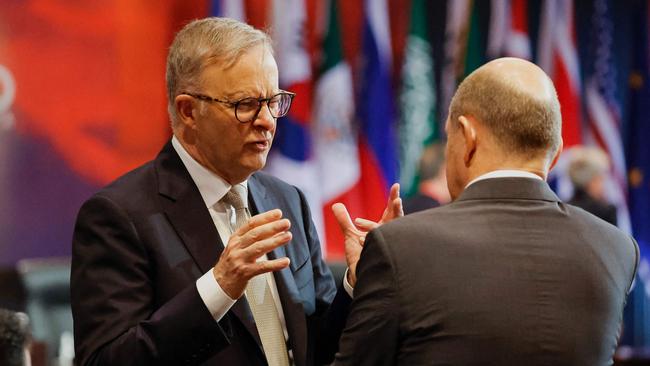
Anthony Albanese has announced an export deal with Germany for more than 100 Boxer heavy weapon carriers, worth more than $1bn to the Australian economy.
On arrival in Berlin where he will meet with German Chancellor Olaf Scholz later today (AEST). the Prime Minister said the two countries were ready to announce a series of deals including that involving the Boxers.
These will be produced by the German company Rheinmetall in Redbank, Queensland, which employs 1000 people.
Mr Albanese said: “This will be one of our largest ever exports, it will guarantee the 1000 jobs there in Queensland will go into the future and it’s worth in excess of $1bn to the Australian economy.
“This will boost our sovereignty, increase our defence capability and boost our economy.
“This is a great outcome, the first outcome of quite a few ready to announce tomorrow with our friends here in Germany and I thank Chancellor Scholtz for his very kind invitation to come here to commemorate these agreements we will enter into.”
Mr Albanese landed in the midst of a tense row over Ukraine’s accession to NATO – with Germany blamed for Russia’s aggression; and a diplomatic row about the United States-supplied cluster munitions to Ukraine.
Mr Albanese is in the German capital to discuss Australia’s ambitious emissions reductions targets.
Germany has been leading international standard of conditions for the decarbonisation of industry, investment in sustainable industrial technologies and expand “green” products, including green hydrogen.
They are eyeing Australia for green hydrogen supplies to help with an energy deficit brought about by the war in Ukraine. Australia is also likely to use the meeting to get Germany’s support to help revive the ailing Australian-EU free trade deal talks. The talks, bogged down in France and Ireland agribusiness protectionisms – will be ramped up in Brussels later this week.
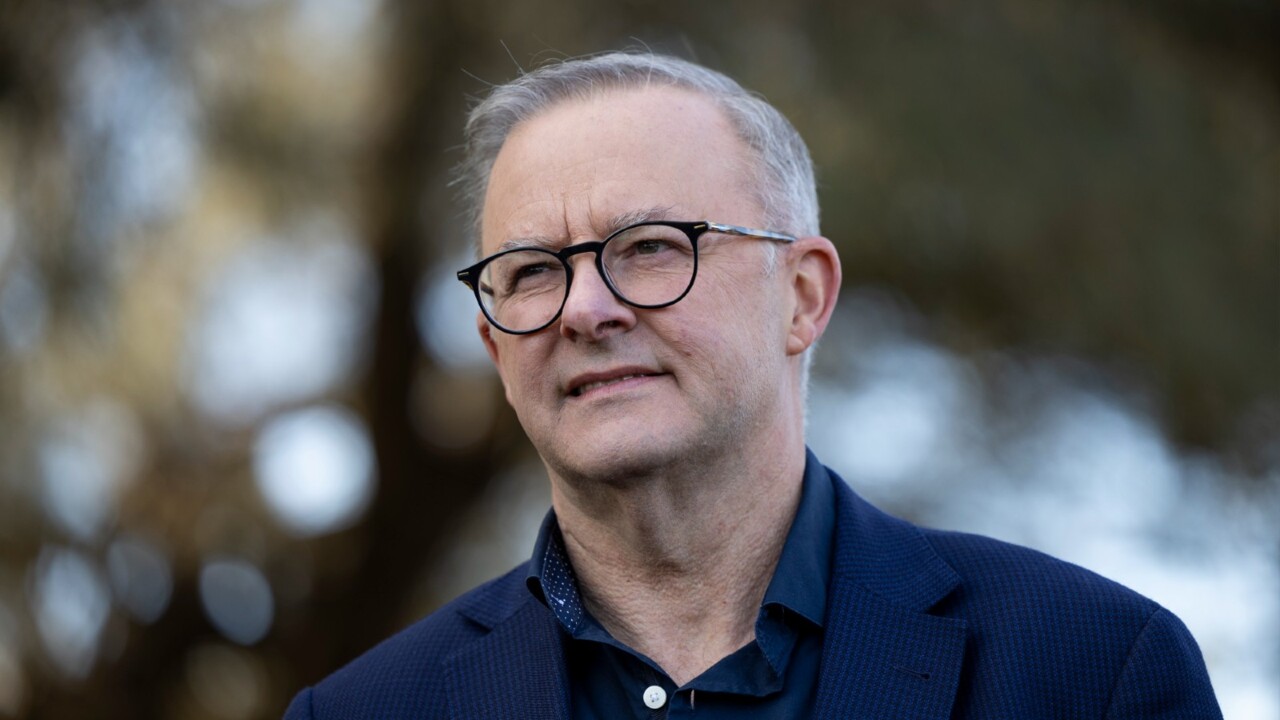
But the expansion of the climate-friendly alliance and enhanced military manufacturing ties between Australia and Germany have already been overshadowed by geopolitical manoeuvres, with Berlin continuing to block Ukraine’s call for immediate accession to the North Atlantic Treaty Organisation.
Hungary is also opposed, with other European countries also worried that urgent Ukraine membership agreed at this week’s NATO summit in Vilnius would then immediately drag the European continent into the Russian war.
Mr Albanese, who will attend the summit on Tuesday and Wednesday, also faces some embarrassment following former Labor prime minister Paul Keating’s outburst calling NATO general secretary Jens Stoltenberg a “supreme fool” and attacking NATO’s “malicious poison” of European and American militarism to Asia.
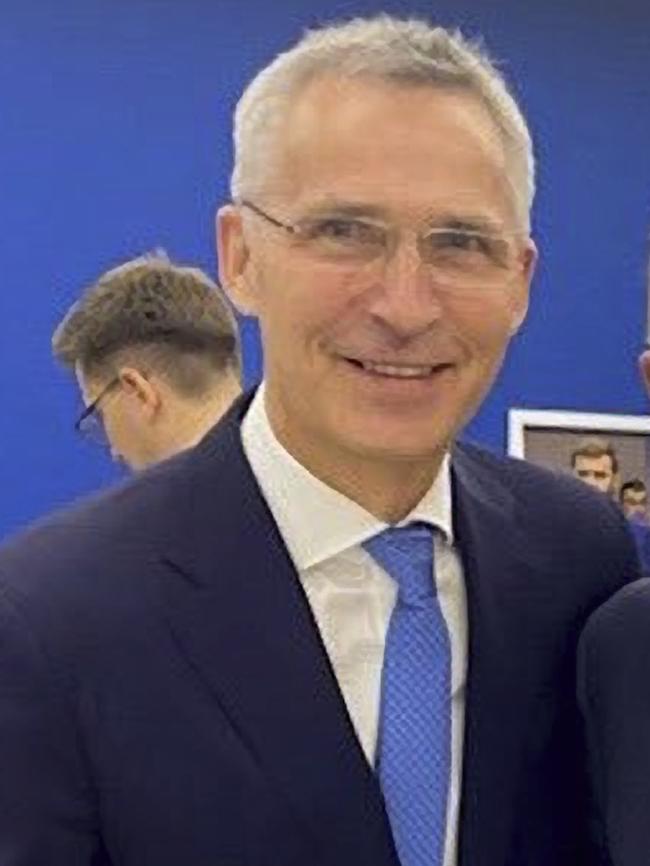
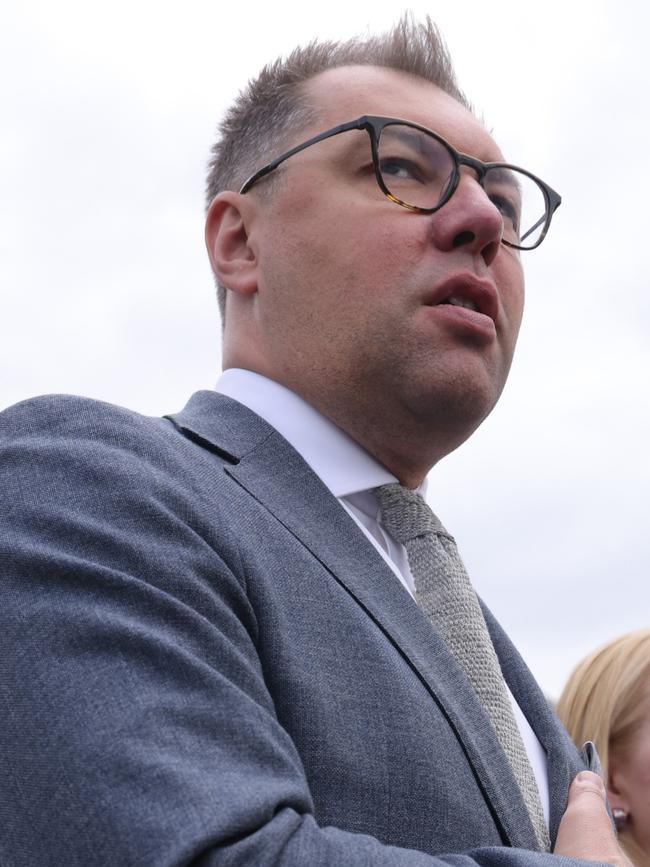
On Sunday Ukraine‘s ambassador to Germany, Oleksii Makeiev, urged NATO to put an end to ambiguity over Ukraine’s membership of NATO and called on Germany not to repeat past mistakes under former chancellor Angela Merkel.
”At the summit in Vilnius, we expect a clear and unequivocal invitation and direction to join NATO,“ Mr Makeiev said.
Mr Makeiev said mistakes were made during the NATO 2008 summit in Bucharest where Mrs Merkel opposed Ukraine’s fast-tracked membership to the alliance. He reminded Germany that the previous intransigence had led to the current Russian war.
“If Ukraine had already been a NATO member in 2014, the Crimean annexation, the war in the Donbas and now the Russian large-scale war of aggression would certainly not have taken place,” Mr Makeiev told the German wire agency DPA.
While Mr Scholz and Mr Albanese will be meeting in the German Chancellery, the United States president Joe Biden will be meeting with British prime minister Rishi Sunak to discuss Ukraine’s NATO ambitions and overturn British objections to the US providing cluster munitions to Ukraine soldiers. He is to also meet with King Charles III at Windsor Castle for talks on environmental issues.
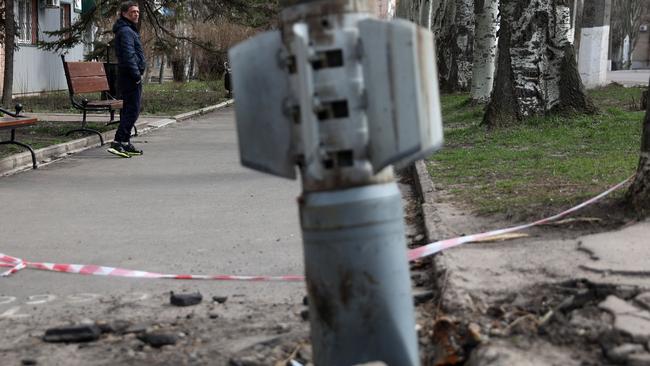
The supply of cluster munitions, which Mr Biden said was a “very difficult decision”, comes as NATO plans to offer Ukraine a deepening political path to a stronger association with NATO, but is understood to be stopping short of a full offer to immediately join the alliance.
Cluster munitions are highly controversial because many fail to explode, leaving vast areas of countryside unusable – and with the munitions attractive to the inquisitive and to children, can be lethal in years to come, long after the war finishes.
“It was a very difficult decision on my part. And by the way, I discussed this with our allies,” Mr Biden told CNN. “The Ukrainians are running out of ammunition.”
Australia was one of the first signatories to ban the cluster munitions, signing the United Nations Convention on Cluster Munitions in 2008, a document which has since been signed by 120 countries – but the convention has not been signed by Russia, Ukraine or the United States.






To join the conversation, please log in. Don't have an account? Register
Join the conversation, you are commenting as Logout